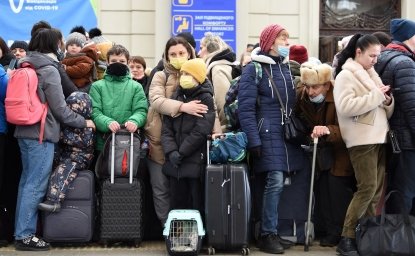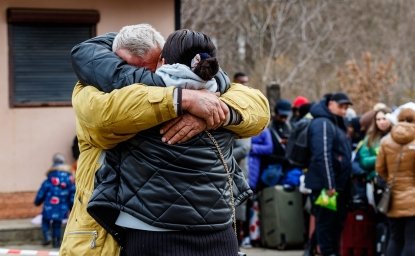For the event on reducing murder rates in Central America, go here.
[...]
Latin America has become the most violent region in the world. In 75 percent of the region's countries, homicides rates are above 10 murders per 100,000 people, the "epidemic" benchmark established by the World Health Organization. This situation is particularly concerning in Central America, where 5 out of 8 countries saw their rates increase since 2005. In some of them, homicides rates actually doubled over the same period.
Governments and citizens are paying the price for this situation. Such high levels of insecurity have tremendous human, social, political and economic costs, which in turn take a big toll on development. Adding up health, security, material and institutional costs, crime and violence can lead to losses of almost 8 percent of the GDP, in Central America, 5 percent in Brazil, and 3.7 percent in Jamaica, studies show.
Business is also bleeding. Security-related costs for Central America's private sector can add up to 3.7 percent of all firms' sales- or 2.8 percent for Latin America as a whole. Beyond these direct costs, crime and violence significantly dampen the business investment climate, affecting the opportunities and incentives for firms to invest productively, create jobs and expand.
Investors and skilled labor flee, with high costs for those who stay. As a result, in addition to the enormous impact on the region's future development, high levels of crime and violence also have the potential to undermine all the progress achieved in the past few years.
Drug trafficking, youth violence and gangs, widespread availability of firearms, youth unemployment, inadequate educational opportunities, and weak judicial and police systems are at the root of this issue. Its multiple dimensions and complexity make it harder to find effective responses.
So, what are the options? We already know that a strategy relying exclusively on stepped up law enforcement or prevention efforts, is unlikely to work. Everybody seems to agree on the need for multi-sector and well-integrated efforts.
However, solutions need to go beyond the public sphere. This problem calls for a coordinated effort by governments and sectors, civil society and business representatives. We need new minds, fresh eyes, and a more locally driven and grass roots approach to get ideas for projects, programs and actions that can help restore citizens' safety.
Experience has shown that private sector has a valuable role to play. In Colombia, it helped boost finance for public efforts to address crime. Private firms also played a big role in training and participating in youth employment programs. In Rio de Janeiro, business support for social development in areas being "re-claimed" by government from drug lords has been crucial to sustain this initiative –involving business leaders since the design stage.
Business is increasingly willing to play such role. Over the past decade, the notion of corporate social responsibility began to overlap citizen security. A 2011 guide on Public Private Partnerships and Community Safety reviews 46 promising partnerships in prevention initiatives throughout Latin America. It shows that the private sector is a key player for its potential to mobilize resources; its innovation and capacity to help think creatively about how to address these issues. Companies are in a unique position to contribute because they can provide a neutral ground to develop new ideas. They are a great source of knowledge in management, planning and M&E to projects and programs. Clearly business has more flexibility to use resources, and is able to increase the potential sustainability of projects by making them more resilient to political changes.
These few examples show there is room to further this engagement.
Good practices of partnerships in this area should be adopted widely. The ongoing dialogue with private sector, civil society and academia, should be strengthened.
A good effort in this direction is the "Central American Regional Security Policy Center", an initiative by INCAE and the Woodrow Wilson Center, with World Bank and donor support.
It proposes a platform for permanent dialogue between stakeholders and governments in order to generate ideas that can feed into policy-making dialogues or processes in a more systematic way.
[...]
Read full article here.
The webcast for the event on reducing murder rates in Central America can be found here.




